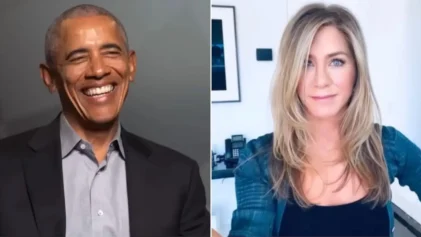Facing extremely skeptical members of the Senate Judiciary Committee, Obama administration officials had a tough time convincing lawmakers of the need for telephone surveillance conducted by the National Security Agency that came to light when the whistle was blown by Edward Snowden.
The NSA officials could only come up with one relatively minor terrorism-financing case in which the phone records had proved instrumental, provoking harsh reaction from the senators.
Sen. Patrick Leahy (D-Vt.), chairman of the Judiciary Committee, pronounced that the administration had failed to convince lawmakers or the public that the vast collection of phone records is crucially necessary.
“It’s been far too difficult to get a straight answer about the effectiveness” of the program, Leahy said. “I think the patience of the American people is beginning to wear thin, but what has to be of more concern in a democracy is the trust of the American people is wearing thin.”
When senators asked John “Chris” Inglis, NSA’s deputy director, how many terrorism cases were cracked using U.S. phone records, Inglis said a dozen domestic terrorism investigations had made use of the records. However, Inglis could cite only one case involving a group of men from San Diego who sent $8,500 to al-Qaeda-linked militants in Somalia.
Inglis said one of the defendants in that case was unveiled when a known terrorist phone number in Somalia was compared against the database. But Leahy wondered whether that record met the balancing test between privacy and security.
“We could have more security if we strip-searched everybody that came into every building in America,” he said. “We’re not going to do that. We have more security if we close our borders completely to everybody; we’re not going to do that. If we put a wiretap on everybody’s cellphone in America, if we search everybody’s home. But there are certain areas of our own privacy that we Americans expect, and at some point, you have to know where the balance is.”


